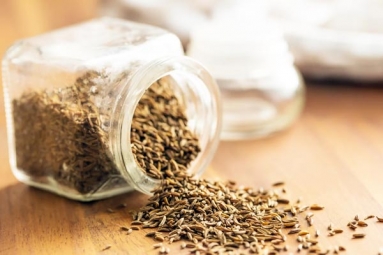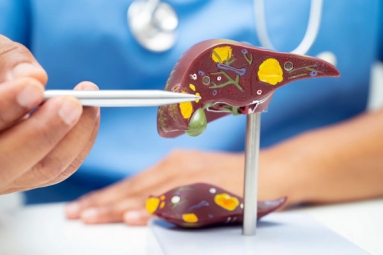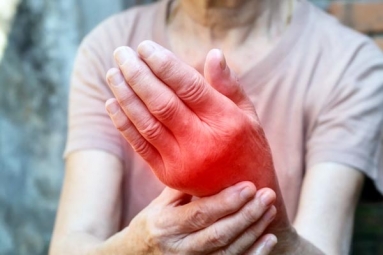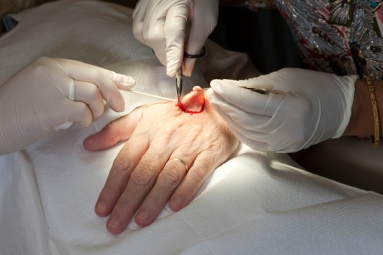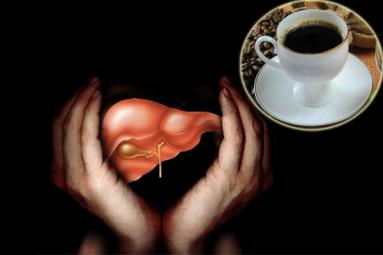
(Image source from: Canva.com)
While many of us are mindful of our sugar consumption and processed foods due to concerns about gaining weight or developing diabetes, we often overlook the implications these choices have for one of our essential organs: the liver. Liver cancer, which was once regarded as relatively uncommon in India, is increasingly becoming a significant public health issue. Worrying data suggests that our dietary habits and lifestyle choices may play a crucial role in this quiet yet lethal disease. Although liver cancer might seem unrelated to our daily lives, certain routine behaviors could be elevating our risk without our awareness. Below are some factors that increase the risk of liver cancer:
Excessive consumption of junk and processed food: Let’s be honest, our fondness for chips, sugary treats, fast food, and instant meals has surged. These items are typically loaded with unhealthy fats and sugars. Prolonged indulgence in such foods can lead to weight gain, diabetes, and various health complications that gradually affect the liver.
Insufficient physical activity: The amount of time we spend sitting at desks or in front of screens, along with prolonged commutes, has resulted in reduced physical activity. This sedentary lifestyle raises the likelihood of fatty liver development, which can quietly progress to liver damage or eventually liver cancer.
Excessive alcohol intake: While occasional drinking might appear harmless, habitual or heavy alcohol consumption significantly impacts liver health. Experts point out that alcohol is associated with at least six types of cancer, including liver cancer, and contributes to over 5% of cancer cases globally. This reality is graver than many of us assume. The rising popularity of sugary beverages, junk food, and processed meals has contributed to an increase in fatty liver disease, even among younger adults and children. Previously, cases of fatty liver-related hepatocellular carcinoma (HCC) were primarily seen in affluent individuals, but it is now affecting people from a wide range of socioeconomic backgrounds. The connection to income is no longer clear, making it a widespread issue.
As life expectancy improves, more elderly individuals are being diagnosed with hepatocellular carcinoma. A decline in liver cancer cases related to hepatitis B and C has been observed, with a growing number of older adults receiving liver cancer diagnoses despite having no prior liver conditions. In its initial stages, liver cancer can be subtle, but there are symptoms that warrant attention, such as persistent fatigue, unexplained weight loss, or a dull pain and swelling in the upper abdomen. These signs can easily be dismissed or mistaken for other health problems, which underscores the importance of regular check-ups, especially for those who are at higher risk. Early detection can significantly alter the prognosis.
Treatment:
Upon receiving a liver cancer diagnosis, the approach to treatment largely hinges on the extent of the disease's advancement. In instances where the cancer is identified in its early stages and the patient is in good health, surgical intervention or a liver transplant is typically the most effective choice and can often prove to be life-saving. However, only 20 to 25% of the liver cancer patients we encounter qualify for surgical procedures. The majority present at a point where surgery is not an option. In these situations, our attention turns towards enhancing their quality of life and extending their longevity.
For these patients, one of the most promising techniques is TACE, shorthand for transarterial chemoembolization, which is a minimally invasive approach. A slender catheter is inserted through a blood vessel in either the groin or wrist and directed to the blood supply that services the tumor. A targeted chemotherapy dose is then administered directly at the site of the tumor, as noted by specialists. Additionally, there is an innovative method known as balloon-assisted TACE, which facilitates delivering a greater amount of medication into the tumor while safeguarding the surrounding healthy liver tissue.
Prevention:
Professionals agree on the critical role that changes in lifestyle play as the primary preventive measure. It is essential for us to manage our way of living, steer clear of excessive fatty foods and alcohol, and practice effective infection control to decrease the incidence of liver cancer significantly. Regular health examinations should include liver function tests, lipid panels, and abdominal ultrasounds, particularly for individuals suffering from diabetes, hypertension, or obesity. With India facing a looming threat of a liver disease outbreak, making informed dietary choices, detecting issues early, and acting promptly can make a substantial difference. Ultimately, the food you consume today may influence your liver health in the future.



